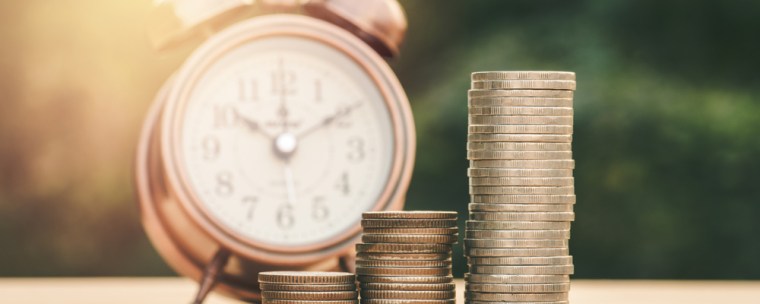Category Archives: Dividend Policy
New Things on ChrisMercer.net for the New Year in 2016
11 Potential Private Company Dividend (or Distribution) Policies
Your Company Does Have a Dividend Policy

Two standard questions business appraisers ask clients in the management interview process include: What has been your dividend (or distribution) policy leading to the present? Now this is something of a trick question, because we can infer what the dividend policy has been in the past based on examining financial statements. What do you expect […]
Leveraged Dividend Recapitalizations and Leveraged Share Repurchases
Understand the Similarities and Differences and Which Transaction May be Right for Your Company

Leveraged dividend recapitalizations and leveraged share repurchases are two corporate finance tools that are available to owners of private companies. These tools can be used to create liquidity outside the ownership of private businesses. Interestingly, as we will see, leveraged dividends and leveraged repurchases have very similar impacts on companies (assuming similar companies and same-sized transactions), and quite different impacts on the owners of the companies. In this post, we will illustrate the impact of a leveraged share repurchase and a leveraged dividend on the same company. This analysis will enable us to see the impact leverage has on the company and also, the different impacts the transactions have on owners.
Your Company Has a Dividend Policy
Even If You Don't Think So

When speaking to business owners in management interviews, I always ask a couple of question: What has been your dividend policy in the past? And, what do you expect it to be going forward? Interestingly, many business owners reply that they don’t have a dividend policy. At that point, I reply that they have had a dividend policy historically, and that they will have a dividend policy prospectively. Considering this, we seek to answer what is a dividend payout ratio and what are the types of dividends?
Dividends and Earnings Retention, Expected Growth and Business Value
The Earnings Retention Rate Determines Reinvestment Which Determines Growth

This post focuses on the earnings retention rate and its impact on growth. In many previous posts, we have discussed the concept of dividends and dividend policy. Dividends represent the portion of earnings that is available for distribution after the payment of all taxes and accounting for all net reinvestment in the business.
The idea for business owners is to get both sides of this balancing act right. It is good to reinvest for future growth. It is not good to reinvest in unproductive assets. This lowers expected returns and postpones current returns in the form of dividends.
If a business has productive reinvestment opportunities, it is good to try to grow through reinvestment. Reinvestment, as we see, lowers the potential for current returns in favor of future returns gained through growth.
Take your pick. Current returns or future returns or both. Your results will be determined by your earnings retention policy and the mirror dividend policy.
Would You Rather Sell up to Half Your Company to Get Liquidity or Engage in a Leveraged Dividend Recapitalization and Keep All of it for Your Owners

Recently I spoke with a business owner who had almost sold about half of his company to a private equity investor a few years ago. The facts will be changed in this story so that neither he nor I should be able to recognize his company. However, the conversation highlights a potential opportunity for owners […]
10 Good Reasons for Private Company Dividends

The issue of whether private companies should pay dividends is an important one. Many private company business owners (and boards) resist paying dividends because they desire to retain flexibility at their companies and do not desire to incur risk from leverage (or slower ability to repay debt). The interesting thing about this position is that it creates polar opposite effects on private companies and their shareholders. What follows are ten good reasons to consider paying private company dividends and five things that some folks say represent the downside.
Special Dividends: A Good Solution for Excess Assets

Special dividends, to the extent that your company has excess assets, can enhance personal liquidity and diversification. They can help increase ongoing shareholder returns. I have always been against retaining significant excess assets on company balance sheets because of their negative effect on shareholder returns and their adverse psychological impact. It is too easy for management to get “comfortable” with a bloated balance sheet. We explore the decision of special dividends and their effects through a short anecdote.
Upcoming Webinar: Unlocking Private Company Wealth – A Tutorial for Business Advisers

During this webinar sponsored by the American Society of Appraisers to be held Tuesday, February 24, 2015, Chris will walk through key portions of his new book, Unlocking Private Company Wealth, and talk about the implications for business owners while relating the content to business advisers. He will discuss not only ideas and concepts that will enhance the quality of conversations you have with business owners, but will provide real-life examples of these concepts in action. Learn more about it here.


